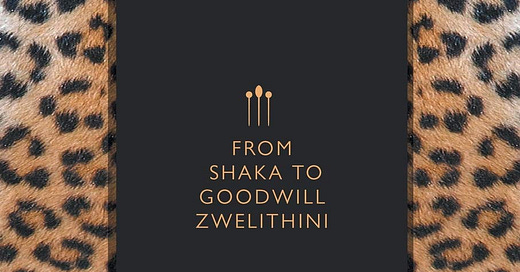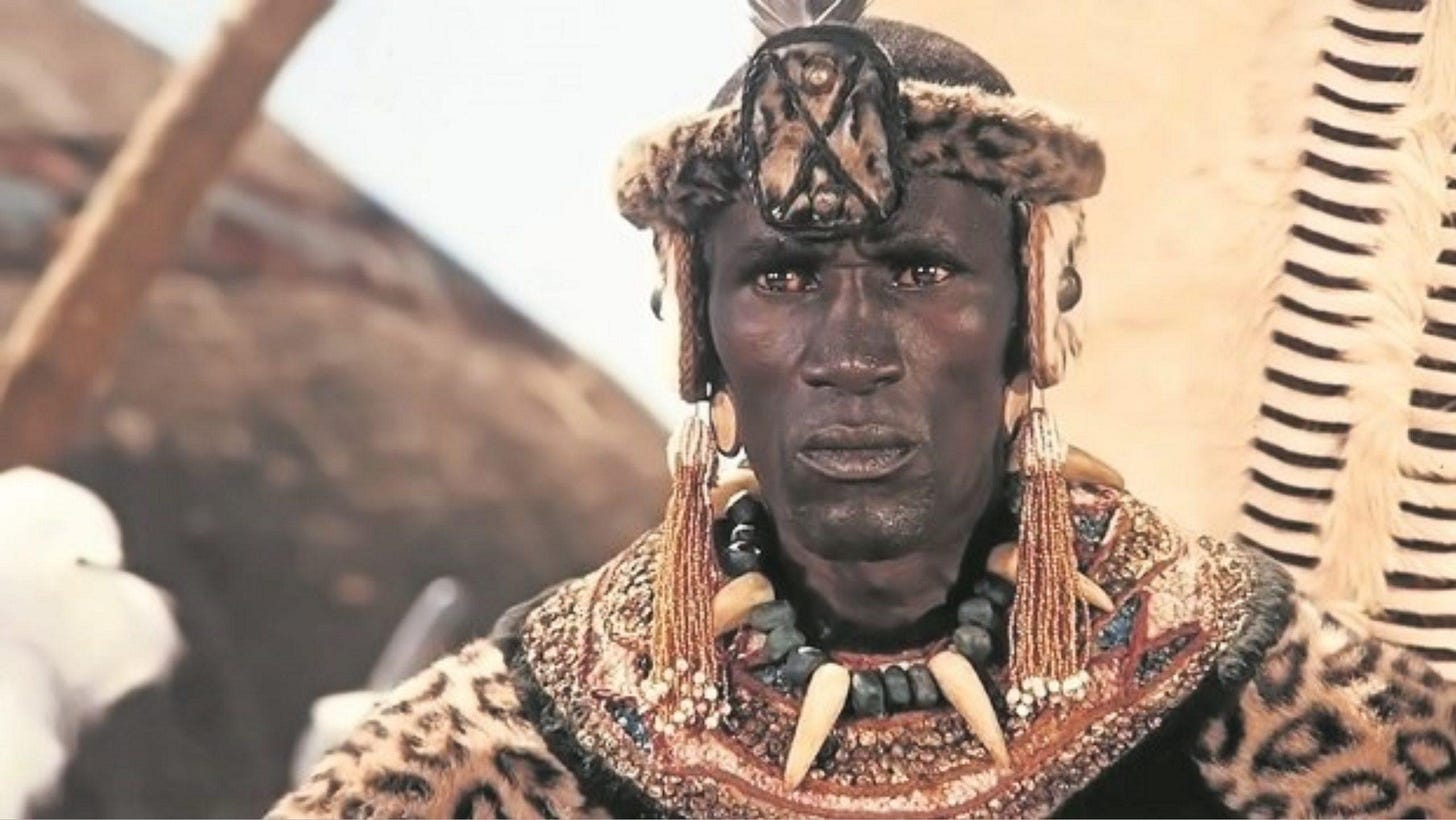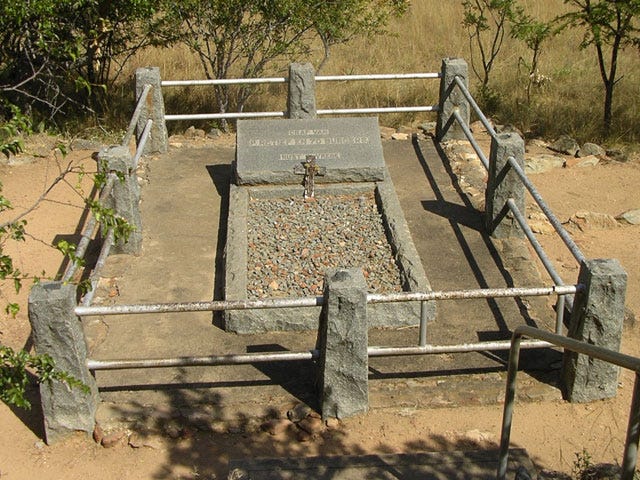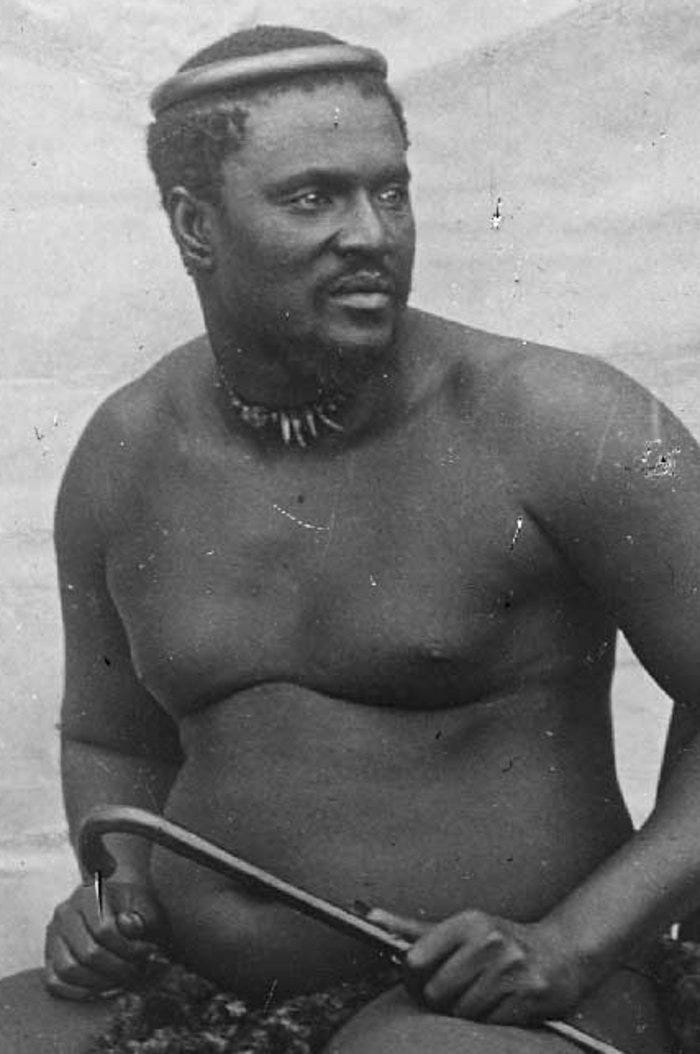The 8 Zulu Kings
I recently bought and read a book about all the Zulu Kings that have led the Zulu nation since its inception - from Shaka to Goodwill Zwelithini.
It is almost unbelievable that the Zulus have only had a total of 8 kings throughout their history. For me, personally, I would have thought that the kings were way more than 8. When you think of history and those periods when Shaka was king, you could have sworn that these were events that happened a really long time ago.
So, you would be forgiven for thinking that the Zulus have had many rulers since then. If I had to guess I would have said not less than 50 people have ruled the Zulu nation since the 1800s when the tribe emerged. But, as I have learnt, only 8 people have been in charge.
Shaka Zulu was the first king in charge of the Zulus. He is actually the guy who founded the nation - so to speak. Before him, black people around modern-day KwaZulu Natal were grouped and living as small clans under the leadership of a local chief. Evidently, Shaka felt that this was not the correct social order. Shaka’s clan was led by his father, the local chief, Sezangakhona.
When Shaka came into power, he started raiding the neighbouring clans - stealing their cattle and bullying them into submission. So that is how the Zulu Nation grew bigger and bigger, through the conquest of and consolidation of small independent clans. Anyway, the most interesting thing that Shaka did was using sex and violence to control his subjects.
He developed a military system of AmaButho. In this system men were not allowed to marry before enrolling as warriors in his army. You had to earn your stripes first as a warrior to access the privileges of a married man i.e sex. Fast forward, I am not trying to write a history book here, Shaka was eventually assassinated by his younger brother Dingane. The rationale was that Shaka was too brutal and public opinion was that he oppressed his subjects. He needed to be taken out.
(I am well aware that this is not the real Shaka Zulu. but for dramatic effect I am just going to leave this glorious picture right here)
And that is where Dingane comes in. Dingane, in collaboration with his other brothers and some members of the royal house, ambushed Shaka and stabbed him to death with a spear. Dingane was subsequently crowned king. Guess what happened next? Dingane turned out to be worse than Shaka in terms of violence and ruling with an iron fist.
You have to remember that there are politics everywhere. Dingane had to have a strong approach since there was already a culture of violence lingering from Shaka’s reign. What made things worse for Dingane was that Boers had started migrating north from Cape Town when he came into power. The boers were a serious threat to Dingane’s authority because they had guns. In a miscalculated move, Dingane invited one of the boers leaders, Piet Ritief, into his homestead to negotiate a peaceful existence between the two groups.
In that meeting Dingane ordered the killing of the Boer negotiators. This angered the boers and they went to war with the Zulus. In the end Dingane was blamed by his subjects for provoking the whites who had serious firepower compared to throwing spears, which were the Zulus’ preffered weapon of war.
(Piet Retief’s grave in real life somewhere in KZN)
Mpande, Dingane and Shaka’s other brother, was at the forefront of the disgruntled faction that wanted Dingane out. Does this not feel like the Zulus Game of Thrones? Unlike Shaka who was plainly assassinated, Mpande drove out Dingane to the north in a bloody Zulu civil war for the throne. Dingane retreated north and weakened as some of his subjects defected into the Mpande faction. Isolated and in a foreign land in the north, Dingane was killed by rival clans occupying modern day Swaziland. That was the end of Dingane. And as you could have guessed, Mpande became the third Zulu King.
By the time Mpande was recognised as king, whites had now fully settled in Natal and were partially in control. There was the Zulu kingdom to the north, where a Zulu king had total authority. Natal was to the south where the British were in control. To the west, the boers were dominant in modern day Free State. There is not much that can be said about Mpande. Let us talk about his son, Cetshwayo.
(King Cetshwayo - the last Zulu king with real authority)
Cetshwayo was the first king who was not a son to Senzangakhona. Rather he was his grandson. Mpande later fell ill and died. But before then Cetshwayo was in a power sharing arrangement with his father in running the Zulu kingdom. So, we have our fourth king. Many say that Cetshwayo was the last powerful Zulu king before the whites invaded the nation after the Anglo-Zulu war. The four kings after him were just mere puppets, so to speak, with no real authority.
Cetshwayo led the Zulus during the Anglo-Zulu war when Britain decided that they were taking over South Africa. He resisted their invasion from Natal into the Zulu kingdom. The famous Isandlwana battle where an army of Amabuthos, bearing only spears, defeated the gun-armed British army. This loss to a supposedly “primitive” enemy was an embarrassing moment for the Queen and the entire colonial power structure.
As expected, the Zulus lost the war and Cetshwayo was jailed in Cape Town. Just imagine? In the eyes of the British Cetshwayo was breaking the law when he exercised his authority over the Zulu people. His exercise of Zulu law and tradition over his subjects, according to British standards, was barbaric. They were basically saying to him “This thing of you being yourself here and being king is against the law”. The audacity!
I am tired of writing. This was a sample post anyway. I will write about the other four kings that came after Cetshwayo in a separate post.
I WOULD LOVE TO HEAR YOUR FEEDBACK!









Great piece. I would also recommend "Indaba My Children" by Credo Mutwa